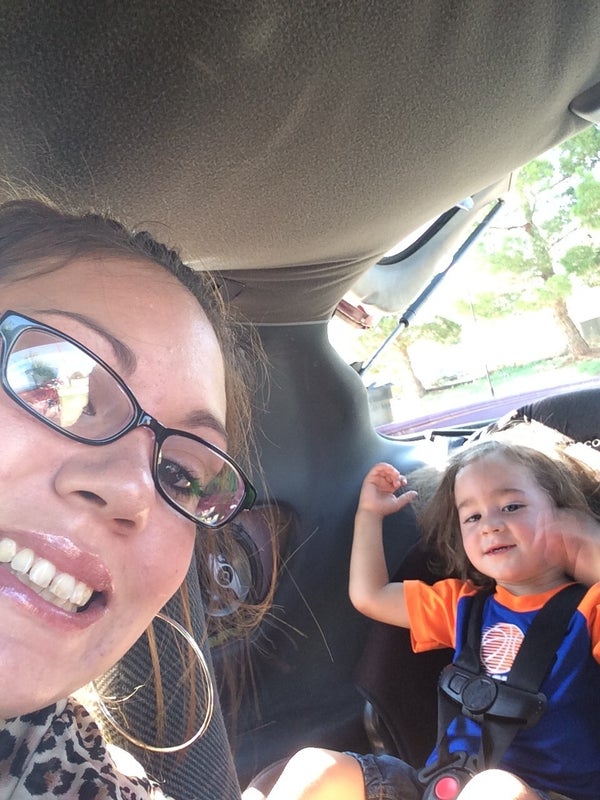What can Teacher's so to help with Social Development
Just from your actions
From the first day of a child's school career, teachers begin their influence on their students. Every morning in the way they greet them, to how they handle students' differences with other students. Many students may only get positive interactions when they are at school. At the same time this may be the first opportunity to see that a child needs help. A teacher has the same reactions for positive and negative behavior for all their students, builds a positive bridge for a student to have someone to turn to when in need. When a teacher that does not do this, could cause the child to become more distant now and into their future. Also at this age, it is important in teaching children how to interact with one another. By teaching this may be the only time the student learns this type of development. These same actions can be just as effective as the students continue their educational journey. They can see how teachers interact with other staff members that they work with. Seeing a teacher having positive interactions and handling differences in a positive manner, they can learn to do so with their interactions with peers and
A classroom strategy
Studies have shown that when incorporating social learning into the lesson not only do the students benefit but the teacher does also (Yuen, & Wong., 2022). With the early childhood students, you can have them split up in teams and compete together. Will they not only have fun but learn at the same time. To keep it friendly and a positive experience, you can have everyone win a prize with the winning team going first to pick. With your middle childhood and adolescence students, you can once again have students split up into teams and compete together during a learning activity will let them work together and have fun at the same time. Another way to include social development is to have assignments that can be done as a group. Having the teacher mixing up the groups time to time will allow students to work with others than their normal friend group. With older students, the group assignment could be a campus scavenger hunt.
How can Parents teach social learning
Their daily interactions with their children
Parents are teaching their children just about every minute of every day. Children watch and listen to everything even when you think they are not listening. One way a parent can affect their child's social and emotional learning is by just telling them "You love them" all the time. Tell them this when on the phone, before leaving, even after you punish them. Another way is how you speak to you spouse or the other parent. Being positive in all interactions with the other parent in front of the children will show them how they are to treat others. Then when parents with their children, they will see how you interact with others. Seeing you saying thank you and hello to just simply holding a door for others. All these actions will rub off on them allowing them to grow up and have positive social interactions.
Interactions on Social Media
With the age of technology and social media, Parents have to watch how they interact with others on social media. Many parents have their older children on their pages that their children can see. They may read some of the comments you may post interacting with others. If they see you always saying negative things they may begin to do so also when interacting with their friends.
Social Development Milestones in School age students
Early Childhood
- Group activities
- Conflict resolution
- Self-identity
- Communication skills
Middle Childhood
- Peer influence
- Moral development
- Leadership and teamwork
- Deeper friendships
Adolescence
- Tests limits and boundaries
- Forms more complex friendships
- How to handle peer pressure
- Figuring out how to fit in

References
Wu, J., Liu, Y., Hung, T., Liu, S., & Hu, S. X. (2025). Parental dysfunction and adolescent mental health: AI-aided content analysis of suicide notes on social media. Annals of General Psychiatry, 24(1), 1–12. https://doi.org/10.1186/s12991-025-00568-8
Yuen, K. K. F., & Wong, A. O. M. (2022). Research-Informed Teaching Curriculum Development for Social Network Analysis. 2022 IEEE International Conference on Teaching, Assessment and Learning for Engineering (TALE), Teaching, Assessment and Learning for Engineering (TALE), 2022 I EEE International Conference on, TALE, 753–756. https://doi.org/10.1109/TALE54877.2022.00135
Create Your Own Website With Webador